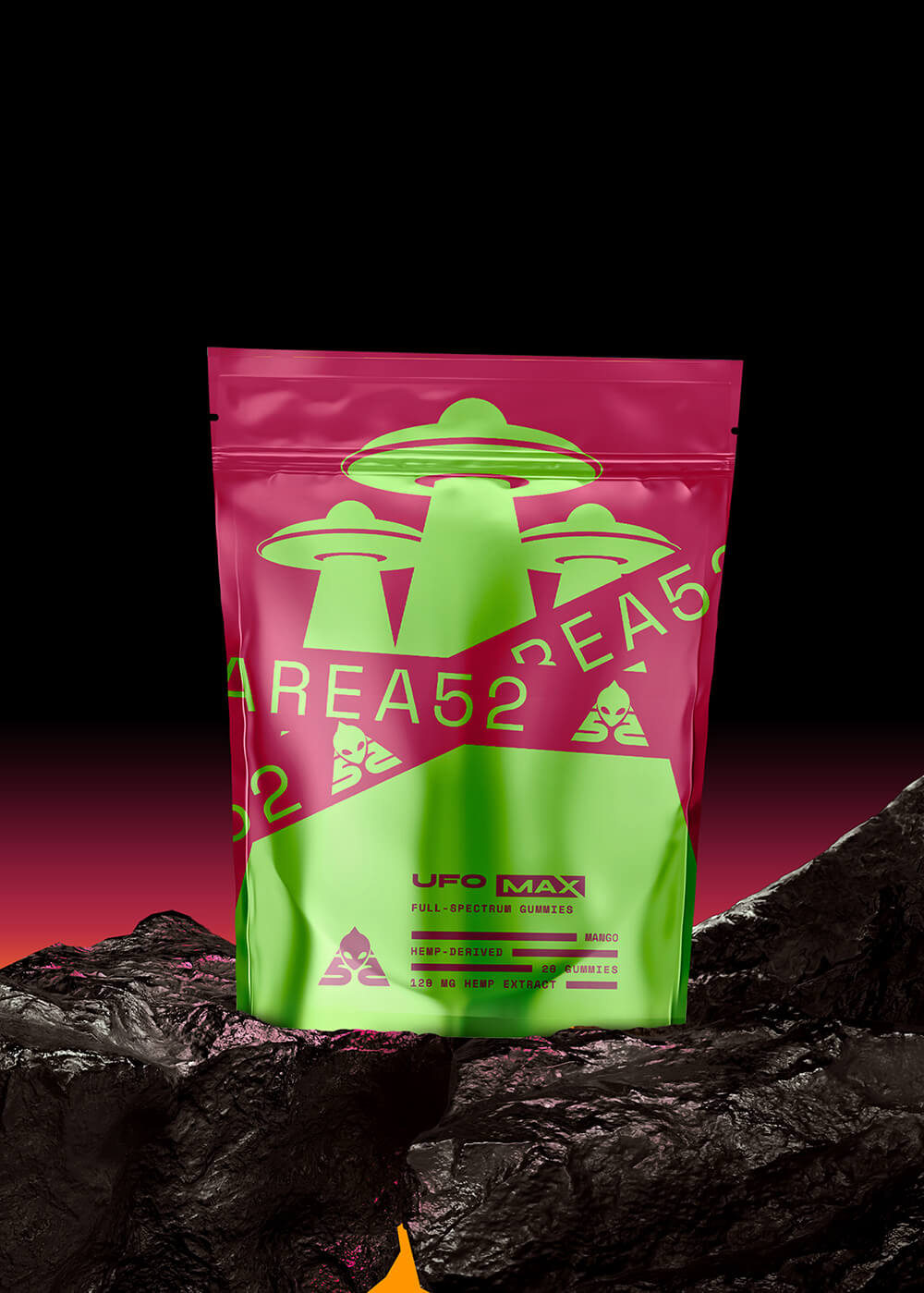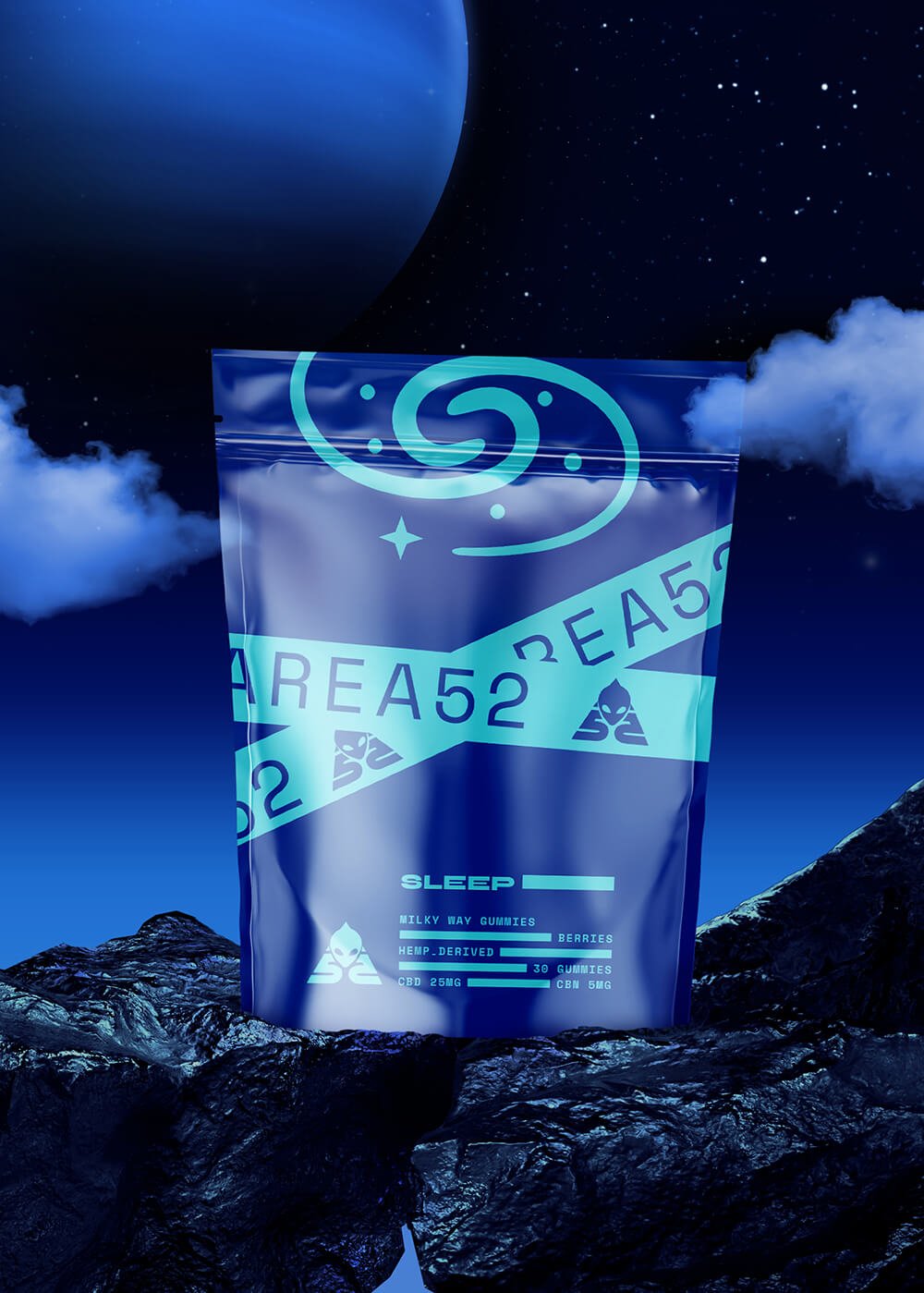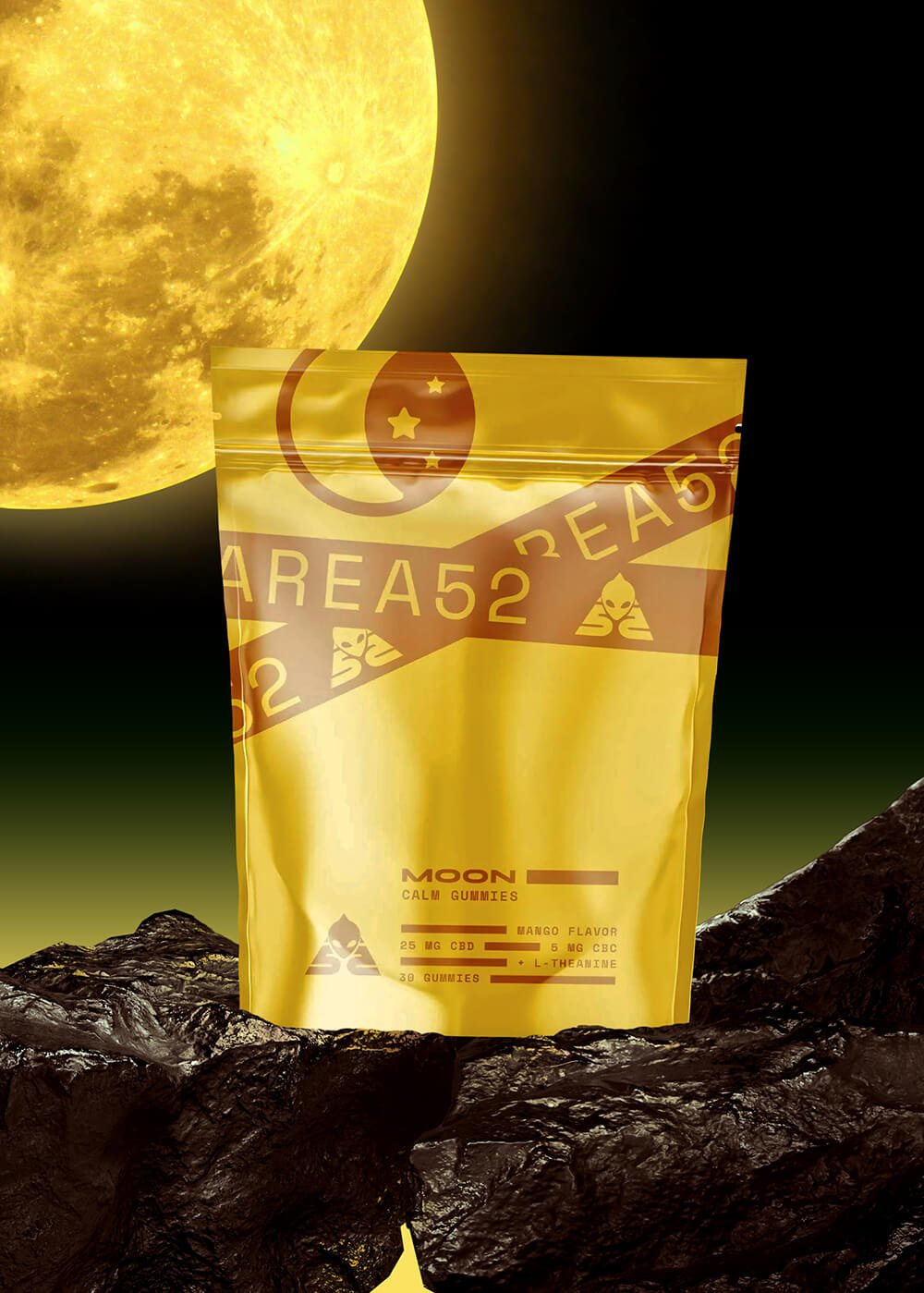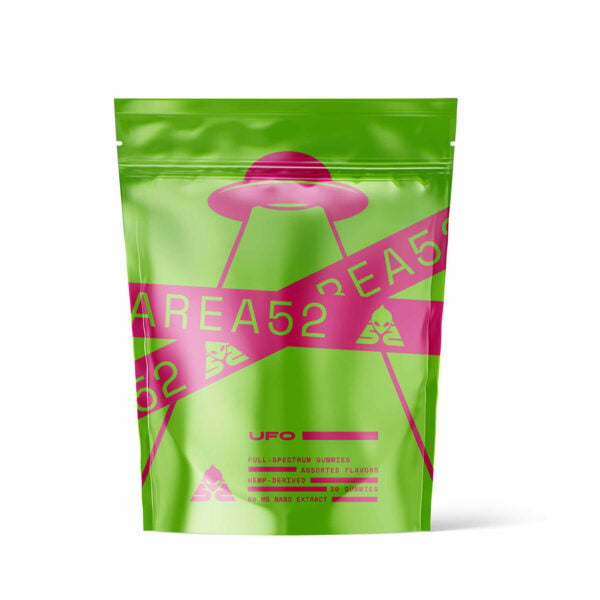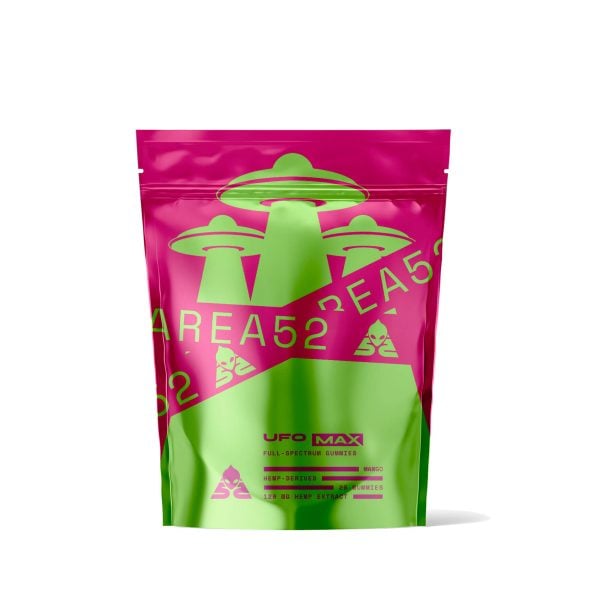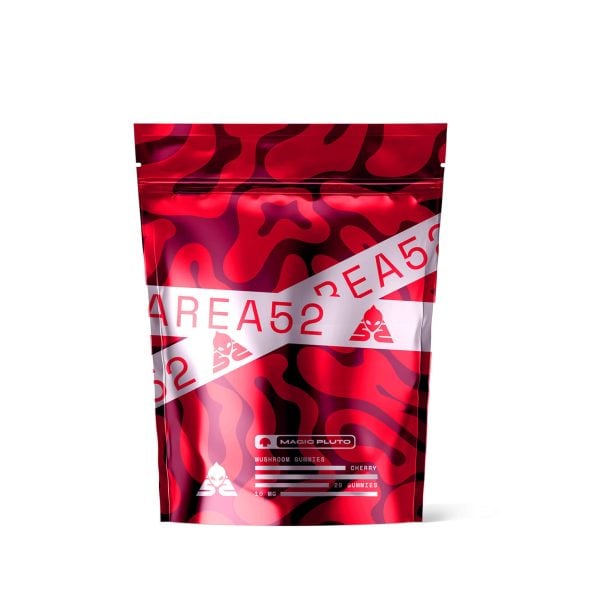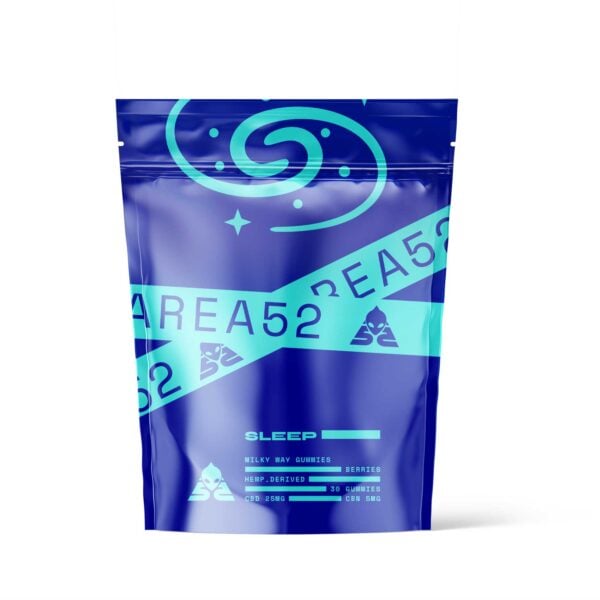What is Delta-8 THC? Beginner Guide
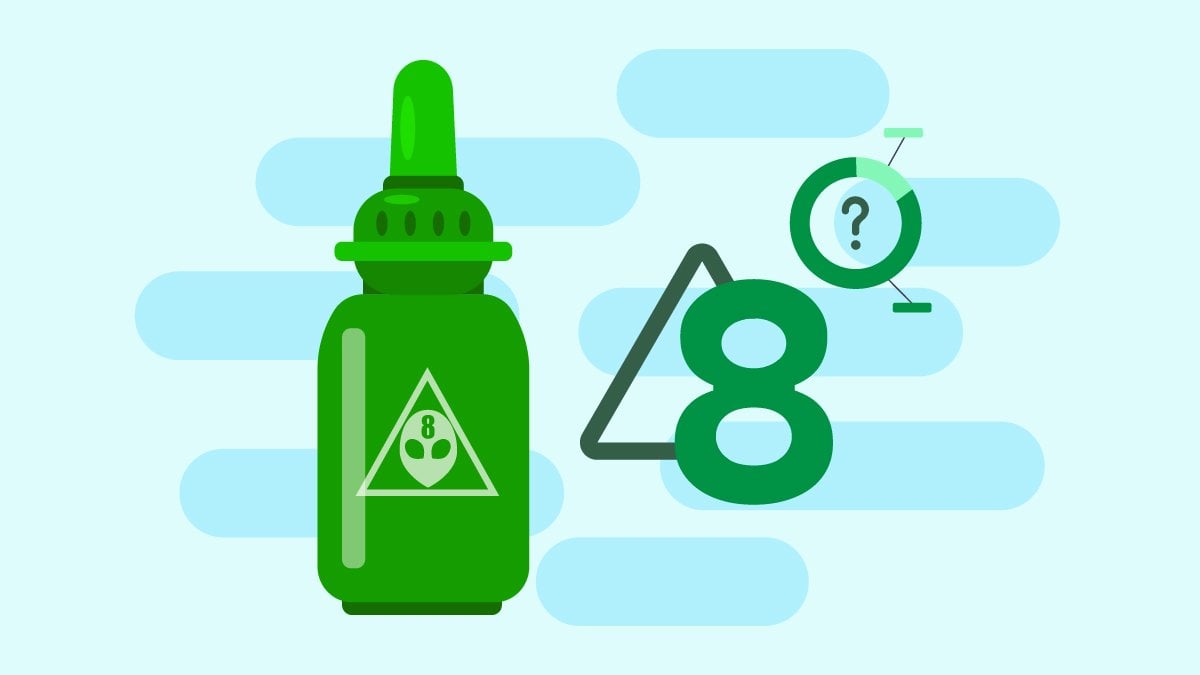
Most people are familiar with THC by now — but in case you live under a rock, it’s the primary psychoactive ingredient in cannabis.
What most people don’t know is that there are a few different types of THC — delta 9 THC (what most people think of as THC), delta 10 THC, and delta 8 THC.
Here, we’ll explore everything you need to know about delta 8 THC — including how it works, what makes it unique, and what effects you can expect. Many people ask, “what is delta 8 THC?” precisely because this chemical compound is so closely related to delta 9 yet offers a distinct experience.
What is Delta 8 THC?
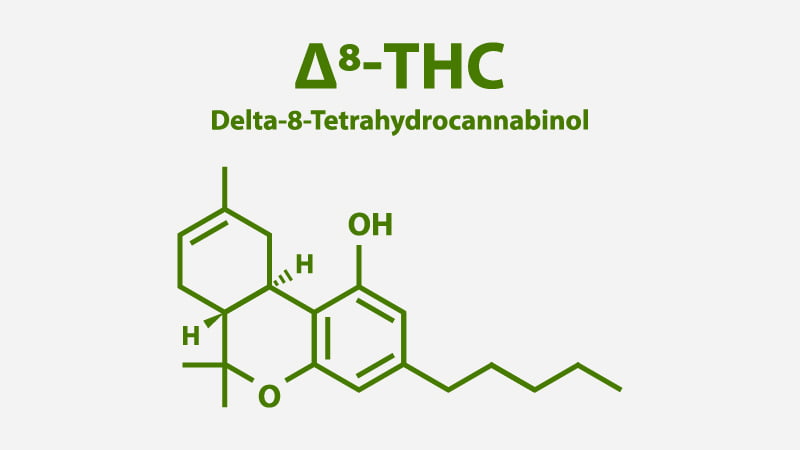
Delta 8 THC is short for Δ8-tetrahydrocannabinol. It’s one of over 100 closely related compounds in the cannabis plant collectively referred to as cannabinoids.
A cannabinoid is any molecule (natural or synthetic) that interacts with the endocannabinoid system (ECS). Most cannabinoids are non-psychoactive, which means they don’t make users feel high from using them.
THC — delta 8 and delta 9 — are both considered active cannabinoids. They bind to cannabinoid receptors in the body, which is key to how they produce their effects.
THC activates the endocannabinoid receptors in the brain, temporarily altering our sensory perception and other functions.
Delta 8 THC is identical to delta 9 THC, aside from three distinct differences:
- Chemical structure — delta 8 THC has a double bond in the 8th carbon chain instead of the 9th carbon chain. This slight shift in its chemical structure gives delta 8 its characteristic effects.
- Effect profile — delta 8 THC is much more relaxing and less likely to cause side effects than delta 9 THC.
- Legality — delta 8 THC is regulated differently than delta 9 THC and legal in most US states (more on this later).
Modern chemical research continues to explore these subtle but meaningful differences. Organizations such as the American Chemical Society often publish studies highlighting how a small change in chemical structure can significantly shift a compound’s properties and effects.
Where Does Delta 8 THC Come From?
This cannabinoid occurs naturally, but in very low concentrations.
Delta 8 THC forms as a byproduct of delta 9 THC which is much more abundant in cannabis.
As delta 9 THC breaks down under exposure to UV light and oxygen, most of it is converted into CBN (cannabinol). The rest forms delta 8 THC. Most dried cannabis flower contains less than 1% delta 8 THC.
The concentration of delta 8 THC can be increased by exposing the plant to UV light, which speeds up the change. THC can then be extracted, concentrated, and separated into its delta 8 and delta 9 fractions.
However, any product made from non-hemp cannabis plants is considered restricted and may not be legal to purchase depending on local state laws. Instead, most delta 8 products are made from hemp — which is entirely legal throughout the United States. Instead, most delta 8 products are made from industrial hemp — which is entirely legal throughout the United States.
In some cases, chemical synthesis is used to convert other cannabinoids into delta 8 THC to ensure reliable potency. This is part of a growing trend of cannabis products being refined or altered for specific uses and formulations.
What Does Delta 8 THC Feel Like?
Delta 8 THC is much smoother and clear-headed than delta 9. People who experience anxiety after using THC often turn to delta 8 THC instead for its more relaxing nature.
Lower doses of delta 8 (5–15 mg) are better for when you’re working or studying. At this dose, delta 8 can encourage out-of-the-box thinking and make the workload feel lighter. Higher doses are much more psychoactive similar to the delta 9 form, but with a stronger body load.
Newbies are advised to start with lower doses to avoid potential risks associated with overconsumption. According to public health sciences experts, high doses in susceptible individuals could contribute to issues such as cannabis use disorder or other forms of drug abuse if not used responsibly.
What’s The Dose of Delta 8 THC?
There is very little research specific to the delta 8 isomers to help elucidate the ideal dosage.
Generally speaking, the equivalent dose of delta 8 is about twice the dose of the delta 9 version.
The most commonly used doses of delta 8 THC can be split into three doses:
- Low dose — 10 mg
- Moderate dose — 40 mg
- Strong doses — 60 mg
The effects of a given dose can vary from one person to another, so it’s important to start with a lower dose first and increase once you’re familiar with how this cannabinoid affects your body individually.
Is Delta 8 THC Legal?

Delta 8 THC is caught in a bit of a “legal limbo.”
The United States federal government specifically lists delta 9 THC as a controlled substance — but there is no mention of delta 8 and other isomers in the Controlled Substances Act. Historically, cannabis was restricted under the Marihuana Tax Act, leading to further regulations over the years.
According to the 2018 Farm Bill, any product made from hemp (Cannabis sativa that produces less than 0.3% THC) is legal. This would include delta 8 THC products made from hemp — but not delta 8 products made from marijuana (Cannabis sativa that produces more than 0.3% THC).
With that said, there are a few states that use different wording that specifically bans delta 8 THC along with all other forms of THC (natural and synthetic).
Additionally, many places enforce a federal minimum age requirement of 21 to purchase or use these products, similar to delta 9 THC. While some local laws might allow younger adults to purchase hemp-derived items, caution should be taken to confirm you meet local guidelines.
States Where Delta 8 THC Is Banned (Updated December 2022):
| State | Details | Relevant Bill |
| Only Gummies Legal (0.3% Limit) | SB27 | |
| Only Gummies Legal (0.3% Limit) | SB1098 | |
| All D8 Banned | HB1640 | |
| Only Gummies Legal (0.3% Limit) | AB 45 | |
| All D8 Banned | No Official Law (Statement) | |
| Regulated | SB1201 | |
| Only Gummies Legal (0.3% Limit) | SB266 | |
| Only Gummies Legal (0.3% Limit) | HB1243 | |
| Only Gummies Legal (0.3% Limit) | SB1246 | |
| Only Gummies Legal (0.3% Limit) | Iowa Hemp Act | |
| Only Gummies Legal (0.3% Limit) | No Official Law (Statement) | |
| Louisiana | Only Gummies Legal (0.3% Limit) | Industrial Hemp Act |
| Maryland | All D8 Banned | SB788 |
| All D8 Banned | No Official Law (Statement) | |
| Only Gummies Legal (0.3% Limit) | HB4517 | |
| All D8 Banned | Statues of Substances Derived from Hemp | |
| Only Gummies Legal (0.3% Limit) | SB2725 | |
| Only Gummies Legal (0.3% Limit) | New Hemp Plan | |
| Only Gummies Legal (0.3% Limit) | SB49 | |
| New York | Only Gummies Legal (0.3% Limit) | S00854 |
| Only Gummies Legal (0.3% Limit) | HB1045 | |
| Only Gummies Legal (0.3% Limit) | Oregon Hemp Law | |
| Only Gummies Legal (0.3% Limit) | Rhode Island Hemp Law | |
| Only Gummies Legal (0.3% Limit) | The South Carolina Hemp Program | |
| Only Gummies Legal (0.3% Limit) | HB385 | |
| All D8 Banned | The Vermont Hemp Program | |
| Only Gummies Legal (0.3% Limit) | The Washington Hemp Program |
Types of Delta 8 THC Products
Cannabinoids can be integrated into just about everything — you can find delta 8 capsules, tinctures, gummies, cartridges, honey, hemp flower, and much more. The sky is the limit when it comes to designing cannabinoid-based products these days.
You’ll often see these cannabis products available online, in specialized dispensaries, convenience stores, or even gas stations in some regions. Availability depends heavily on local laws.
With that said, most of these products are designed purely for novelty. The five standard delta 8 products to consider for ease of use, cost-effectiveness, and abundance on the market include:
1. Delta 8 THC Tinctures
Tinctures and oils are the most popular means of consuming most cannabinoids these days. They’re the most cost-effective, allow for precision dosing, and provide a rapid onset of effects through sublingual absorption.
Sublingual absorption is achieved by holding the oil or tincture under your tongue. Here, a series of tiny blood vessels carry the active delta 8 directly into the bloodstream. This allows the effects to appear much faster than if you were to just swallow the oil or take a capsule.
Make sure you’re familiar with the potency of the tincture you buy — they come in many different forms and potencies. The same amount of oil from one product may be way too strong when taken from a different label depending on the potency of the oil.
2. Delta 8 THC Capsules
Capsules are usually made by injecting a delta 8 oil or distillate into a dissolvable gel capsule base. They’re easy to use and can be taken at the same time as most of your other supplements.
Capsules are best for people who want to maintain a consistent hassle-free dose of delta 8 THC. Every capsule is exactly the same — there’s no need to mess around calculating and measuring oils.
3. Delta 8 THC Gummies
Delta 8 gummies have all the same benefits as capsules — premeasured doses, fast absorption, long shelf-life, and lack of “grassy” hemp flavor.
Many people prefer gummies to capsules because they’re simply a more enjoyable way to get all the same benefits. They come in a variety of fruity flavors and provide a pleasant, gummy texture to bite into.
Just be careful how many gummies you eat. These delicious candies make it easy to keep coming back for more, but it’s important to remember delta 8 can be quite strong if you take too much. Make sure you’re familiar with the dose of delta 8 in each gummy and stick to the dosage guidelines listed above.
4. Delta 8 Cartridges
Cannabinoids like delta 8 are rapidly and efficiently absorbed through the lungs.
Most people use vaporizers instead of smoking. Smoke damages the lungs and degrades a lot of the active ingredients you’re trying to consume.
Delta 8 is available in cartridge form. These products are designed to work with an existing vaporizer to replace the reservoir and heating element once a cartridge becomes empty.
The delta 8 space is relatively new, but the vaporizer industry is thriving through the popularity of other cannabinoids like CBD or delta 9 THC. As long as the cartridge is compatible, delta 8 carts can be used with the same devices.
Most cartridges use a standardized 810 threading (it should list the threading somewhere on the side of your device).
If you’ve got a Juul or another proprietary vape pen, it will be much more difficult to find delta 8 cartridges that fit your device.
5. Delta 8 Distillate
Distillates are the purest form of delta 8 you’ll find.
They’re made by removing everything except pure delta 8. They have a thick, resinous consistency that becomes more fluid when heated.
It’s difficult to get delta 8 in pure form, so even the highest-grade concentrates still contain small concentrations of CBC, CBG, CBN, and CBD.
To use a distillate, you can add it to the reservoir of a refillable vape pen, dab it in a dab rig, or eat it directly.
How Long Does Delta 8 THC Stay In The Body
The length of time delta 8 remains in the body can vary substantially. If you only take a small dose and don’t use delta 8 often, it should be completely cleared from the body within 3 days — usually closer to 24 hours.
If you use delta 8 THC often in moderate to high doses, it can take up to 30 days to be completely cleared.
Delta 8 THC remains detectable in the hair for even longer — up to 90 days from the last time you used it.
The amount of time delta 8 stays in the body depends on a few key variables:
- Frequency of use — the more often you use it, the longer it stays in the body
- Your age — older people tend to metabolize compounds slower
- Method of consumption — inhaled forms of delta 8 remain in the body the longest
- Your individual metabolism — some people metabolize faster than others
- The dose you used — the higher the dose, the longer it takes to clear from the body
- Other supplements or medications — some compounds will slow the breakdown & elimination of delta 8
How Does Delta 8 THC Work?
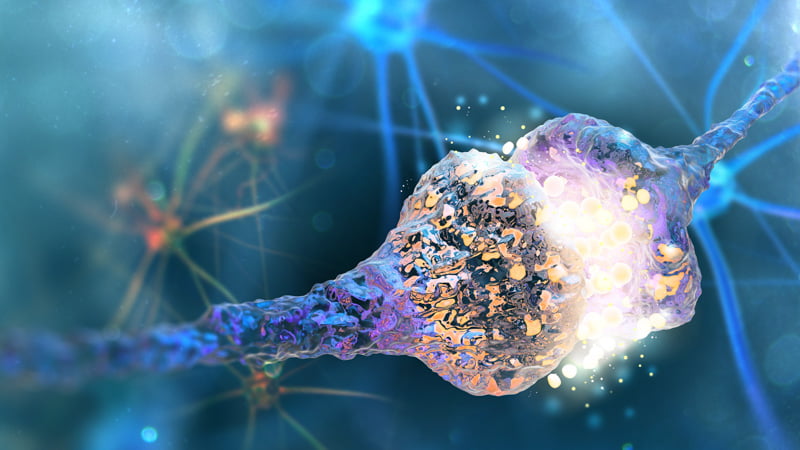
There’s very little research available exploring the specific effects of delta 8 THC and how it works. With the research that is available, it’s clear that the mechanisms of action for delta 8 THC are almost identical to that of delta 9 THC.
Most cannabinoids work through the endocannabinoid system (ECS) — which is a widespread series of cannabinoid receptors found throughout the body.
There are two different receptor types that make up the ECS — delta 8 binds to both of them, but more strongly to the first. This is thought to be the primary mechanism both delta 8 and delta 9 THC use to produce their perceptual effects.
Summary: What is Delta 8 THC?
Delta 8 isn’t a new cannabinoid, but it’s only recently become popular.
This compound occurs naturally in the cannabis plant in trace amounts. As more chemical research has become available on cannabis and its many constituents, more attention is turning to delta 8 because it’s smoother, offers a clearer headspace, and avoids many of the legal restrictions associated with the Controlled Substances Act.
With the increasing availability of other cannabis products, delta 8 can sometimes be found in gas stations and convenience stores, though quality can vary and some may contain chemical contaminants. Always verify that these marijuana products meet legal guidelines of the Farm Bill and come from reputable sources that do extensive lab testing on their products to ensure they’re free from contamination.
Check out our lineup of premium delta 8 products to get started.
We offer capsules, tinctures, vape cartridges, gummies, and more.
Frequently Asked Questions
1. Is delta 8 the same as THC?
Sort of. Delta-8 is technically THC, just not the standard one most people think of—that’s delta-9 THC. They’re similar chemically and both get you high, but delta-8 usually feels smoother and less intense. Think of it as THC’s calmer cousin.
2. What is the main difference between delta 8 and THCA?
THCA is basically THC before it’s activated. It doesn’t make you feel high unless it’s heated up. People mostly use it for wellness benefits like easing inflammation, not for the buzz. Delta-8, though, is psychoactive right from the start. It gives a milder, more relaxed high compared to regular THC.
3. Can I take delta 8 on an airplane?
Technically, yes, if your delta-8 vape meets TSA rules (which means carry-on only). But honestly, it’s a bit tricky. Delta-8 isn’t legal everywhere, and some states could cause problems. Your safest bet? Check local laws ahead of time or leave it at home.
4. Does Delta 8 THC show up on a drug test?
Yeah, it definitely can. Regular drug tests can’t really tell delta-8 apart from delta-9 THC because they’re so similar chemically. So if you’re worried about drug tests, it’s probably smart to steer clear of delta-8 altogether.
5. Is delta 8 psychoactive?
Absolutely. Delta-8 does give you a noticeable high, though it’s usually more mellow compared to regular THC (delta-9). You might feel relaxed, happy, or a little euphoric—but overall, it’s less intense. Still, don’t underestimate it—it’s definitely psychoactive.
